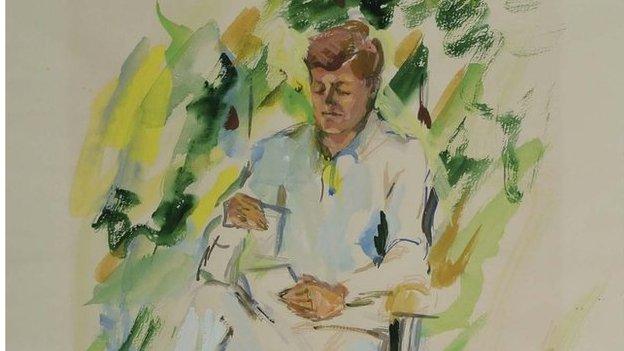'Founding spirit' of Notting Hill Carnival honoured
- Published
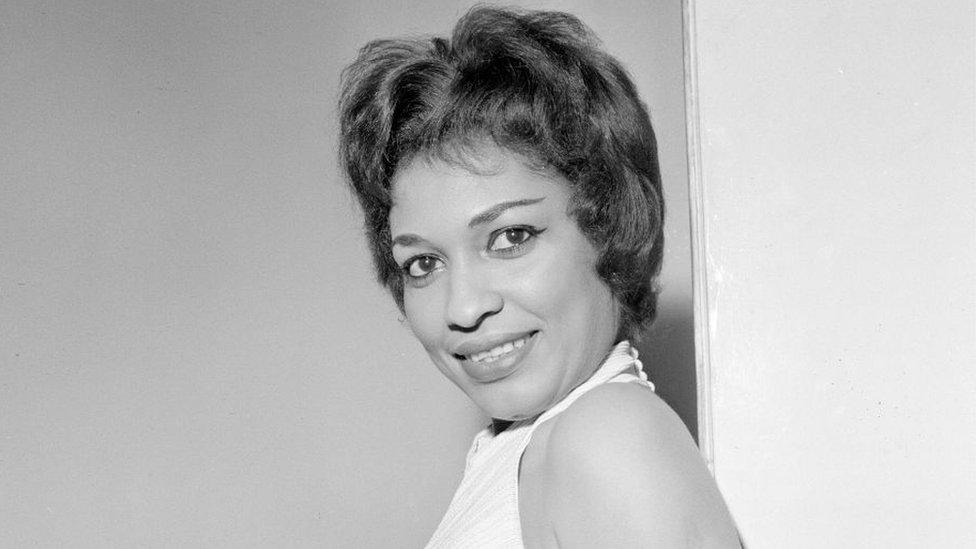
Equality campaigner Claudia Jones pioneered Notting Hill Carnival, with the first event in 1959
A female activist known as the "founding spirit" of the Notting Hill Carnival is being honoured with a blue plaque.
Equality campaigner Claudia Jones pioneered the Caribbean festival in London.
Her former home in Vauxhall, Lambeth, will be bestowed with the plaque.
Ms Jones is one of six people being recognised by English Heritage for their impact on art, music and social reform.
Others include one of the most famous violinists of the 20th century, Yehudi Menuhin, and suffragettes Emily Wilding Davison and Princess Sophia Duleep Singh.
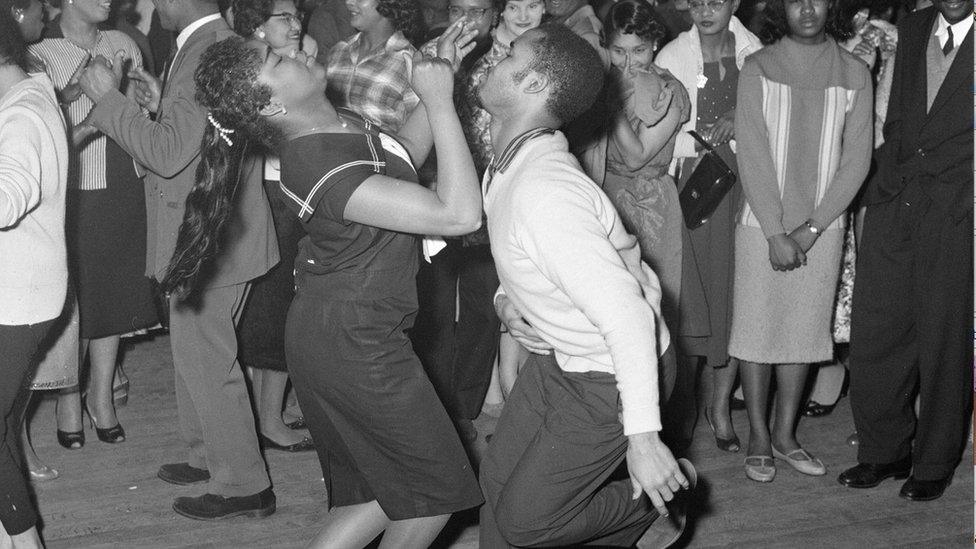
The first Caribbean carnival was held in St Pancras Town Hall in 1959
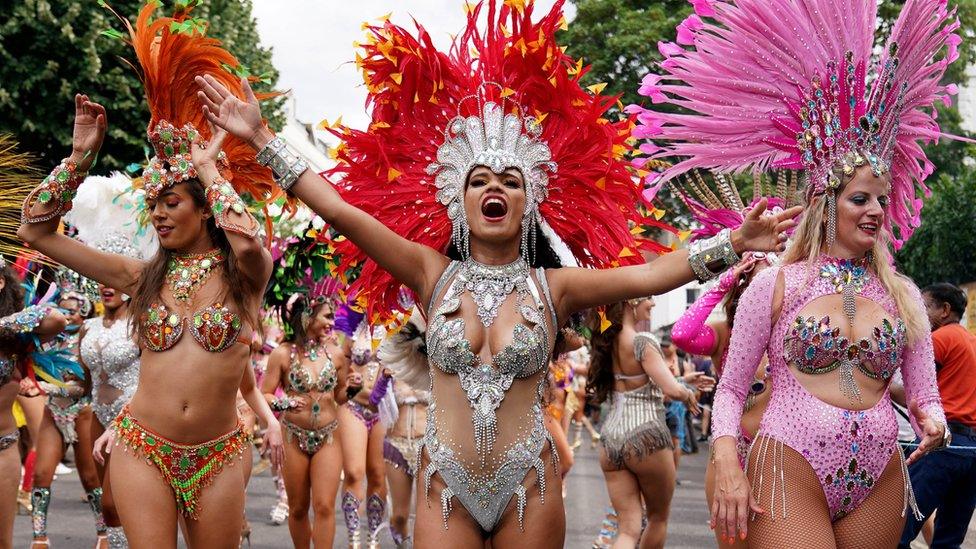
Notting Hill Carnival has since grown into Europe's largest street festival
Ms Jones' plaque will be placed on a house where she had been living when she came up with the idea of bringing a Caribbean festival to London.
The first event took place at St Pancras Town Hall on 30 January 1959, and later evolved into an outdoor event — Notting Hill Carnival.
Anti-racism advocate and journalist Ms Jones also founded the West Indian Gazette while living in the shared property, where she stayed for almost four years - making it her longest place of settled residence in London.
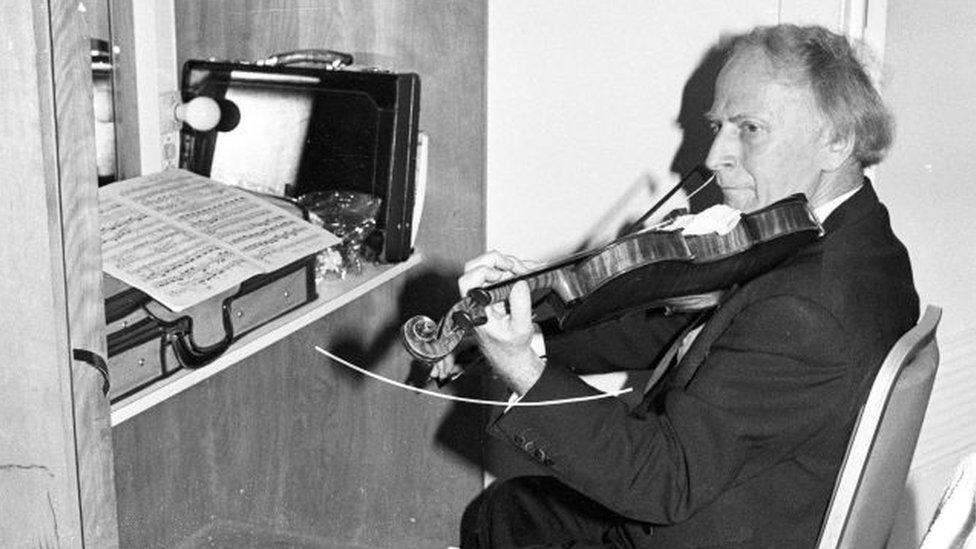
Composer Yehudi Menuhin dedicated much of his life to the education of young musicians
The plaque for composer Mr Menuhin, who believed music was for everyone, will mark the Belgravia house where he lived, worked and entertained for the last 16 years of his life.
Some of his teaching and mentoring took place in his studio on the fourth floor, where he also practised yoga, including his famous headstand.
Mr Menuhin, who was first recognised as a child prodigy, dedicated much of his life to the education of young musicians through institutions such as the International Menuhin Academy, founded in 1977, and the 1963 Yehudi Menuhin School for Music.
A plaque will also be raised on the south-west London home of Princess Sophia Duleep Singh, who was the daughter of the deposed Maharajah Duleep Singh and goddaughter of Queen Victoria.

Who is being honoured?
Claudia Jones — 'founding spirit' of Notting Hill Carnival
Yehudi Menuhin — violinist and composer
Princess Sophia Duleep Singh — suffragette and goddaughter of Queen Victoria
Emily Wilding Davison — suffragette who threw herself in front of the King's horse
Ada Salter — London's first female mayor
Marie Spartali Stillman — late 19th century model and painter

The princess was a suffragette and member of the Women's Social and Political Union (WSPU), and she made full use of her royal title to generate support for female enfranchisement.
Emily Wilding Davison will also be remembered for her fearless campaigning for women's rights with a plaque on her Kensington home.
She famously died after being struck by King George V's horse after walking onto the tracks at the 1913 Epsom Derby in an act of protest. She had been repeatedly imprisoned over her campaigns.
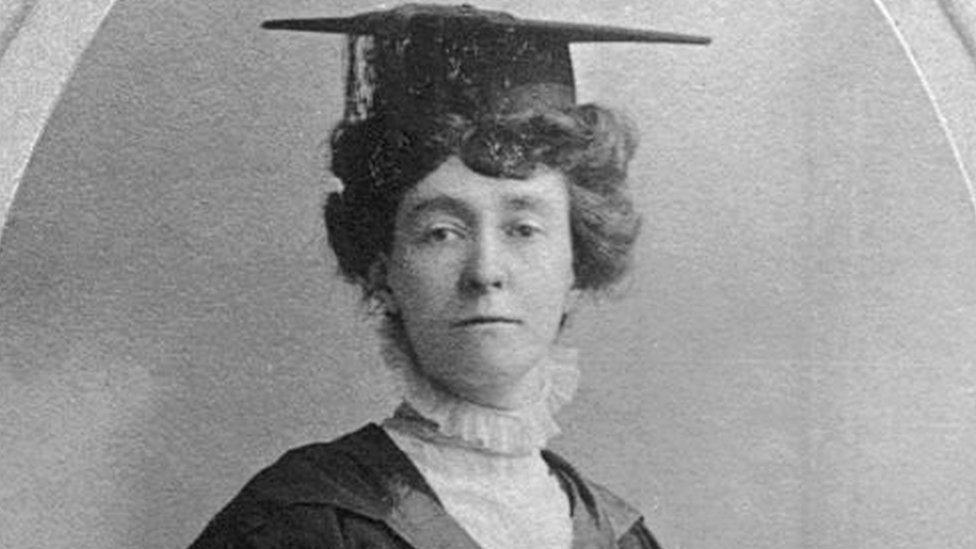
Emily Wilding Davison died after being struck by King George V's horse after walking onto the tracks at the 1913 Epsom Derby
Ada Salter, who became London's first female mayor and Britain's first female Labour mayor when she was elected Mayor of Bermondsey in 1922, will be remembered with a plaque on the Southwark building where she lived in the late 1890s.
Ms Salter was chosen for the lasting improvements she made to the lives of those living in the formerly deprived borough by boosting its public health service, instating palatial baths and wash houses, and replacing slum dwellings with proper houses and playgrounds.
Meanwhile, pre-Raphaelite model and painter Marie Spartali Stillman, who featured in paintings by artists including Dante Gabriel Rossetti and Edward Burne-Jones, will be commemorated at her former Clapham home.
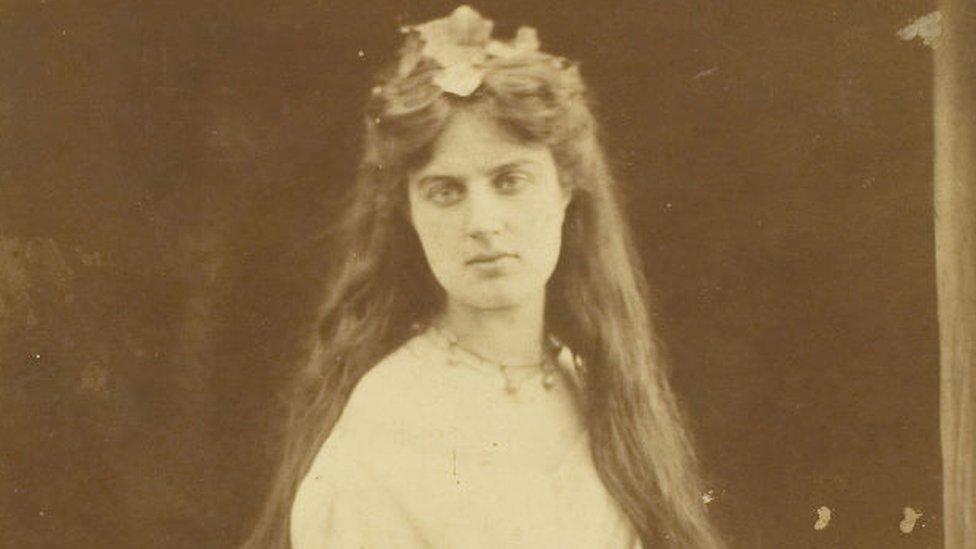
Marie Spartali Stillman was one of few professional female artists of the late 19th century
English Heritage said it aims to award around 12 plaques annually, and said it would be announcing further recipients through 2023.
Architectural historian and newly appointed chair of the blue plaques panel, Professor William Whyte, said it was "an honour" to help celebrate "the very best of human achievement" through the commemorations.
'People who made a difference'
Professor Whyte said: "From Emily Wilding Davison, who famously died for her cause, to Claudia Jones, whose life-long struggle for social justice helped inspire the Notting Hill Carnival, these are people who made a difference and it's an honour to play a part in making sure that their contributions are remembered."
The English Heritage London blue plaques scheme runs on public suggestions. The main conditions are that the subject must have been dead for at least 20 years and have lived or worked in Greater London.

Follow BBC London on Facebook, external, Twitter , externaland Instagram, external. Send your story ideas to hellobbclondon@bbc.co.uk, external
- Published26 August 2011
- Published8 January 2022
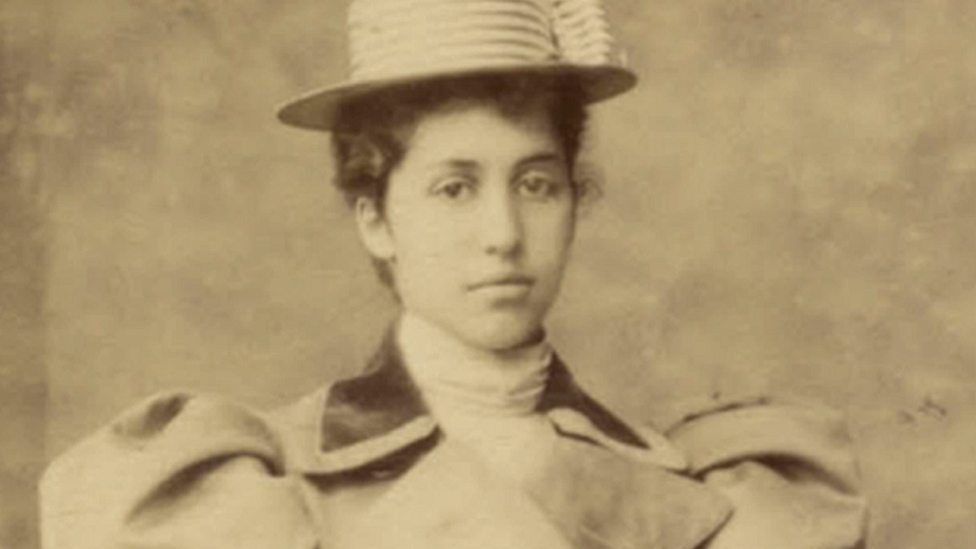
- Published13 October 2022
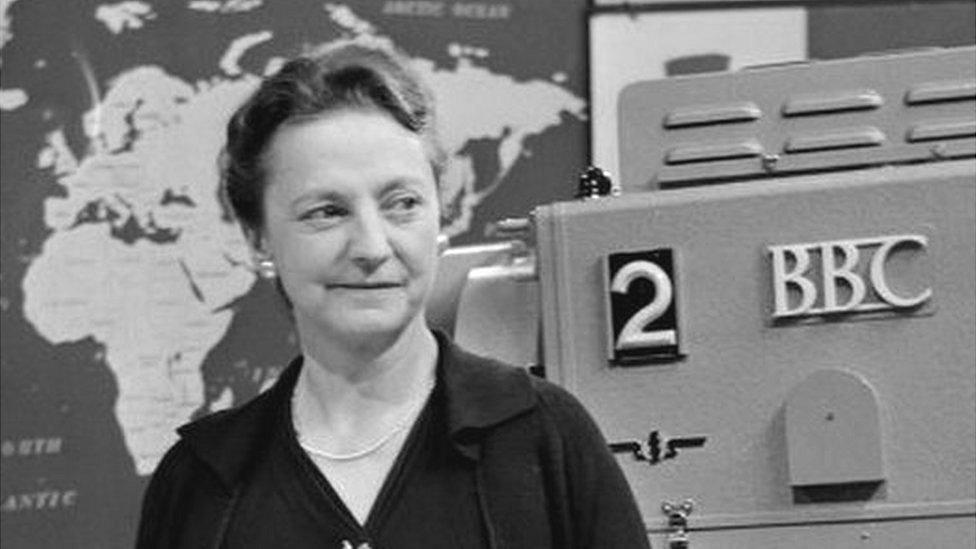
- Published12 March 2015
